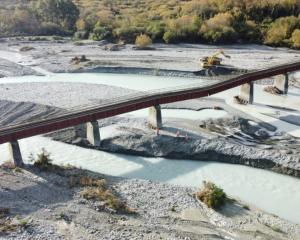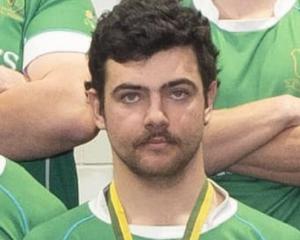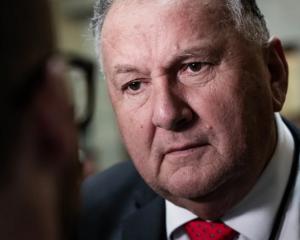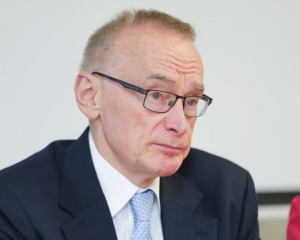Nearly 12,000 unionised health workers have voted in favour of taking industrial action, after they were offered an "insulting" pay increase, the Public Service Association says.
The workers, who staff every District Health Board across the country, include mental and public health nurses, physiotherapists, anaesthetic technicians, dental therapists, administrative staff and a number of other occupational groups.
They were offered a 0.7 percent pay increase per year and no movement on other issues including training and professional development, PSA national secretary Richard Wagstaff said.
Industrial action will start at the end of this month with staff working to rule, followed by a two-hour strike on September 2 and a three-hour strike a week later.
"We will escalate things beyond that if we can't get a breakthrough in negotiations," Mr Wagstaff said.
"Health workers are making a stand, together, to say this is not good enough, and they deserve better.
"Our members take their duty of care very seriously. It is a huge step for them to even consider taking such strong action," he said.
DHBs had told unions the Government had indicated there would be even less money on the table next year -- a continuation of "systemic underfunding" of the health system, Mr Wagstaff said.
"Budget documents say DHBs expect a 17 per cent increase in demand over the 10 years to 2021, but they won't get the funding to match and they're planning to squeeze it out of staff."
DHBs' Employment Relations Strategy Group chairman Graham Dyer said the boards were disappointed the union had sought a mandate for industrial action from its members.
The union was not recognising the tight fiscal environment that DHBs were in, he said.
The sector had been largely insulated from the impacts of the global financial crisis, and had continued to have growth in both wages and numbers of employees.
Subsequently the expectations should be tempered as the recovery kicks in, Mr Dyer said.
"There remains severe pressure on the economic delivery of world class health services for all New Zealanders."
The co-ordinated timing of the action was "clearly part of some other agenda", he said.
"DHBs have offered the nurses and allied staff the same increases that have been accepted by other clinical groups in recent bargaining.
"DHBs do not believe there are any reasons to offer these PSA groups more than the increases that were accepted by similar workforces," Mr Dyer said.
A number of settlements have been reached for non-clinical workforces including those represented by the Service and Food Workers Union, the Engineering, Printing and Manufacturing Union, and FIRST Union that are within the same parameters as the offers being made to the PSA, he said.
"We encourage the PSA to get back to the bargaining table as that's the only place the pay issue will be resolved."












